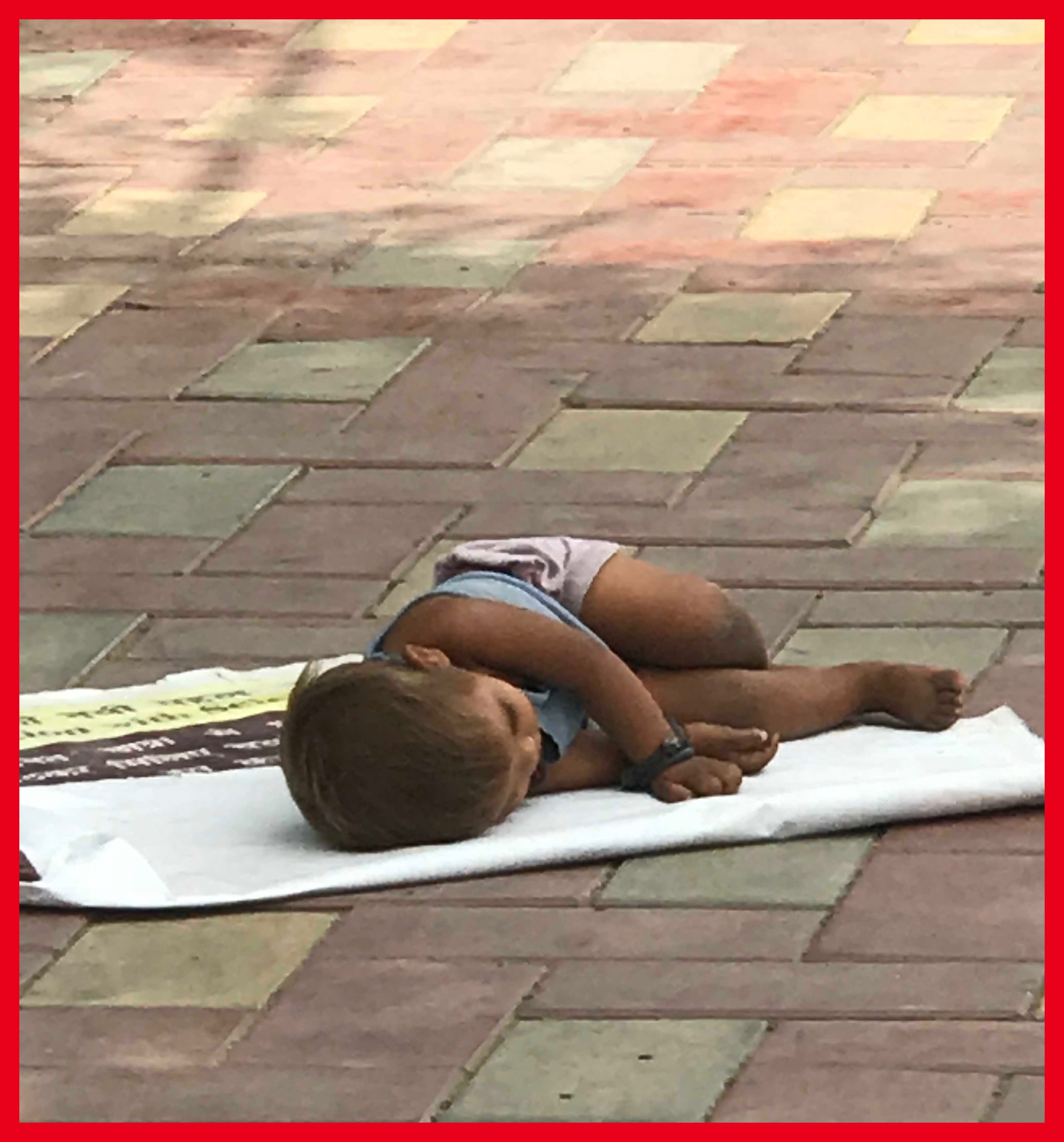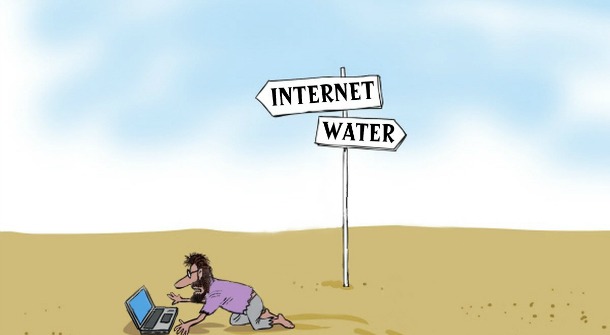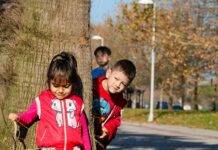The COVID-19 pandemic seems to be a carrier of unprecedented miseries and pain for people throughout the world impacting not just the political and the economic aspects of life but also the social and personal. From large scale loss of livelihoods, crumbling healthcare and crisis of basics like vaccination, hospital beds, oxygen and access to quality treatment to massive food inflation and enhanced vulnerability especially for those who belong to the underprivileged sections of the society- the pandemic has had the most far reaching impact on the world and countries like India seem to be seeing the darkest side of it all. Rampant poverty, an overburdened healthcare apparatus, lack of infrastructure and trained personnel accompanied by a massive second wave have erected innumerable challenges for people in India deepening the already prevalent problems and erecting several new ones.
A major challenge that India is facing today is regarding the very tragic reality that the pandemic has brought about, hundreds of children are being orphaned without anyone left behind to take care of them in this hour of sheer need.
While the authorities are trying to ensure that the children whose parents have died due to the virus are kept safe and are taken care of, it is needless to add that if something more concrete is not done to help them out, they may fall prey to abuse, trafficking and an endless cycle of emotional trauma.
Thousands of Indian families stand affected by the pandemic, many of which are completely devastated with several members lost to the virus and no financial security left to sustain the surviving members. Thousands of children in India have been left with one parent or have been orphaned by the pandemic and this has become a matter of grave concern for the country as they are vulnerable and in need of urgent care. It is alarming to note that ever since the pandemic set its foot in India in March last year, over 1,700 children have lost both their parents, 140 children have been completely abandoned and more than 7,400 children have lost either parent to the virus according to the National Commission for Protection of Child Rights(NCPCR).
NCPCR’s Report on Orphaned Children: An Eyeopener
It wouldn’t be wrong to say that the report of the NCPCR which was recently published to the Indian Supreme Court is an eyeopener and highlights the magnanimity of the crisis of orphaned and abandoned children in India as a result of the coronavirus pandemic.
The findings of the report are also suggestive of the fact that these children are in urgent need of food, shelter and clothing along with safe and non-violative environments that nourish and nurture them. Some of the states which are the worst affected according to the report of the NCPCR are Uttar Pradesh where it was reported that 2,110 children have been either orphaned or lost a parent or were abandoned. This was followed by Bihar where 1,327 were at a loss and finally the report mentions the plight of Kerala where nearly 952 children lost either one or both the parents.
The large number of children who have been forced to cope with the loss of a parent or have been orphaned or abandoned must remind us of how deep the crisis erected by the pandemic is, but Child rights activists are of the opinion that the data presented by the government is at most only an underestimate and in actuality, many more children stand impacted.
The Government’s Plan to Tackle the Crisis of Orphaned Children
It is but natural that the state will respond to the magnanimity of the crisis erected by the pandemic in the form of orphaned and abandoned children. The Modi government last week had announced a variety of measures to tackle the crisis and a fund of around 1 million to provide a stipend to each affected child between 18-23 years. The funds will be offered from the PM-CARES scheme.
In response to the mounting crisis, many state governments have also responded and promised to set aside a significant fund for the care and nurturance of children abandoned and orphaned by the virus.
However, Child rights activists and organisations closely working on the ground are of the option that while these funds are important they can never alone be sufficient to address the extent of the crisis and a lot more will need to be done at the level of emotional-psychic wellbeing and day to day care for the children’s smooth transition to adulthood amid all the prevailing trauma they are going through.
Another concern that has often been raised is that funds are often caught in a vicious cycle of red tapeism and the benefits often don’t reach where they ought to. Benficiaries often don’t know how to complete their documentation to avail benefits, are stuck up in the complicated procedures or are fooled by middlemen and thereby don’t end up getting the aid that is targeted for their betterment. Even after running from pillar to post, beneficiaries often find it impossible to make the most of such schemes and often give up in the end.
Home or Institutional Care: The Stigma Attached to being a ‘COVID-Orphan’
It is ironic that instead of recognising the vulnerability and empathising with a child who has been orphaned by the pandemic, we as a society stigmatise such children and this creates further obstacles for them.
It is very important that the surviving extended family of the child comes forward to look after him/her and provide a safe and suitable environment for them and only when doing so is financially inviable or impossible due to recognised constraints should a child be given up for institutional care.
This is a view that has been echoed by many people working on the rights of children. Moreover, the stigma attached with being a ‘COVID orphan’ is often resulting in the social boycott of such children and it is often very difficult for them or their temporary caretakers to even prove that the parents died of COVID because they may often come from illiterate and socially disadvantaged sections of the society. One can only imagine how difficult it will be to collect the documents and prove to the authorities that such a child is actually in need of help. How will they possibly arrange the know-how, the money, the contacts to get the needed help?
According to the present mechanism, each child who is in foster care has to go to a government run child welfare committee that has the final power to decide whether or not the child deserves the support. It is for the existence of this complex know-how that many people argue that the present system has to be simplified and be made more people-friendly so that it becomes smoother and more transparent.
The Juvenile Justice Act: The Fate of an Orphaned Child in India
According to this very important act, an orphaned or abandoned child has to be assessed by a recognised social worker in his/her district on behalf of the district child welfare committee before a decision can be made on extending state support to him/her. If nobody stands up to claim the child, the child is then put under institutional care and when the relatives approve, the child is put up for adoption.
India records the adoption of several thousands children from various states every year. These adoptions are regulated and monitored by the Central Adoption Resource Authority(CARA). The match between the child made available for adoption and the prospective parents is made after a series of checks are carried out and the child welfare committee makes a no objection on the legal adoption of the child.
Many organisations that run orphanages however complain that the government doesn’t pay adequate attention to the plight of children living in them and they are often excluded from development activities. It is alarming to note that in India there are 370,000 children are living in orphanages and the number of adoptions per year is only a couple of thousands and this is very low by comparison.
It has also to be noted that ever since the pandemic struck, orphanages in India have seen a steady decline in the attention that is being paid to them as state funds have been most urgently diverted towards addressing the gravity of the COVID generated healthcare crisis. This compromised attention puts children in the orphanages at greater risk.
In the past many weeks we have seen pleas for adopting COVID orphans circulating on social media and this has left them very vulnerable to possibilities of trafficking and abuse because their privacy is being let out in the public domain and unverified persons can misuse this information and exploit these children. From basics like food and shelter to love, affection and counselling- these children require a lot of attention and care as they lose their care-givers and parents to the pandemic. Therefore it is very important for our approach to the crisis to be holistic and integrated rather than only financial and logistic.














